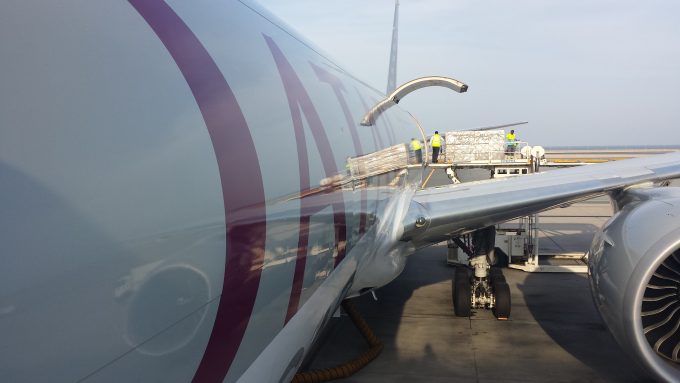Forwarders predict fall in airfreight rates as ecommerce eyes sea freight
Forwarders are warning that although the airfreight market currently seems stable, conditions could change very ...

Qatar Airways Cargo has put itself at the forefront of a potentially radical change in the way air freight capacity is bought.
It is the first carrier looking to use index-linked agreements (ILAs) with customers, a method likely to take off in large, but capacity-constrained markets, and which will “bring fairness and transparency to pricing”, giving airlines the ability to compete on issues other than rates.
“ILAs … represent innovation for the industry and, as a company, our goal is to always stay ahead of the competition when ...
'Disastrous' DSV-Schenker merger would 'disrupt European haulage market'
New senior management for DSV as it readies for DB Schenker takeover
Volumes set to 'fall off a cliff' as US firms hit the brakes on sourcing and bookings
Asian exporters scramble for ships and boxes to beat 90-day tariff pause
Amazon pushes into LTL for small package fulfilment and UPS does a u-turn
Temporary tariff relief brings on early transpacific peak season
Pre-tariff rush of goods from US to China sees air rates soar, but not for long
'Tariff madness' will prompt renegotiation of ocean shipping contracts


Comment on this article